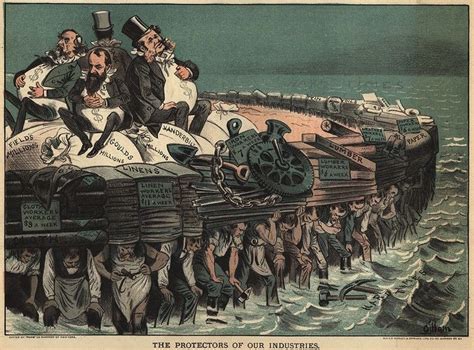
“The Gilded Age” describes the US in the last 30 years of the nineteenth century as an era in which unprecedented technological innovation and industrial growth gave a golden façade to a society otherwise defined by poverty, racist violence, and social insecurity. In recent years, the US has been described as having entered a second Gilded Age in numerous journalistic, scholarly, and cultural reflections on the parallels between these eras and the role of historical (dis)continuities.
Against the backdrop of this renewed interest in the Gilded Age, we will approach its socio-cultural turmoil through selected short stories of the 1870s to 1890s. We will read them in conjunction with journalistic and scientific writing to survey how a diverse range of authors reacted to the pressing issue of their time, and thus to develop an understanding of the Gilded Age beyond headlines and surface similarities to our current moment. We will explore the cultural embeddedness of literature, the representational concepts behind realism and naturalism as the leading literary genres of the Gilded Age, and the importance of an inclusive canon of US American literary history to understanding the “American experience.”
This seminar will introduce students to central socio-historical developments of the Gilded Age, to key authors of the late nineteenth century (e.g. Edith Wharton, Jack London, Charlotte Perkins Gilman, Zitkala-Ša) as well as to important themes and concepts of literary and cultural studies.
This class will be taught in a blended format, combining asynchronous assignments with in-classroom meetings. All reading material will be made available via moodle.
- Dozent/in: Elisa Herrmann
- Dozent/in: Katrin Horn